Description
Latin Name: Silybum Marianum
Origin Country: Hungary
Silybum marianum is a species of thistle. It has various common names including milk thistle, blessed milkthistle, Marian thistle. This species is an annual or biennial plant of the family Asteraceae. Milk thistle has a slight sweet and milk flavour.
Here are some science-based benefits of milk thistle:
– Milk thistle may support skin and bone health, enhance weight loss.
– It may aid in managing metabolic syndrome.
– Milk thistle is effective at naturally reversing the harmful effects of alcohol consumption.
-Milk thistle is that it can boost breast milk production in lactating mothers.



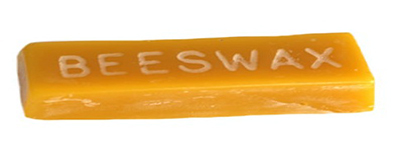

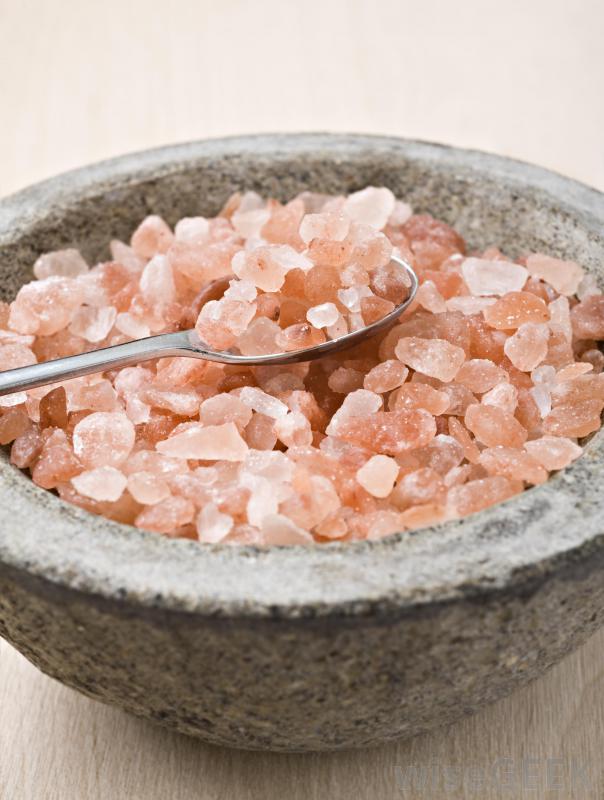
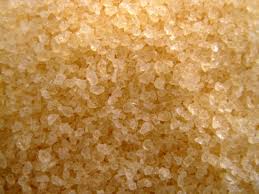

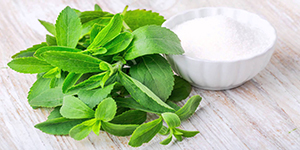

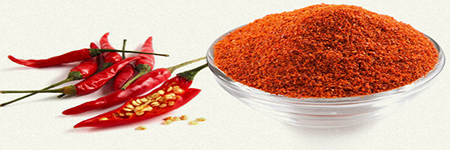
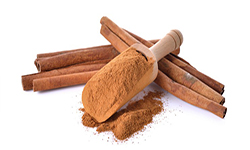
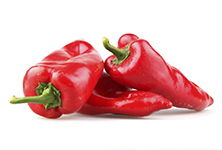







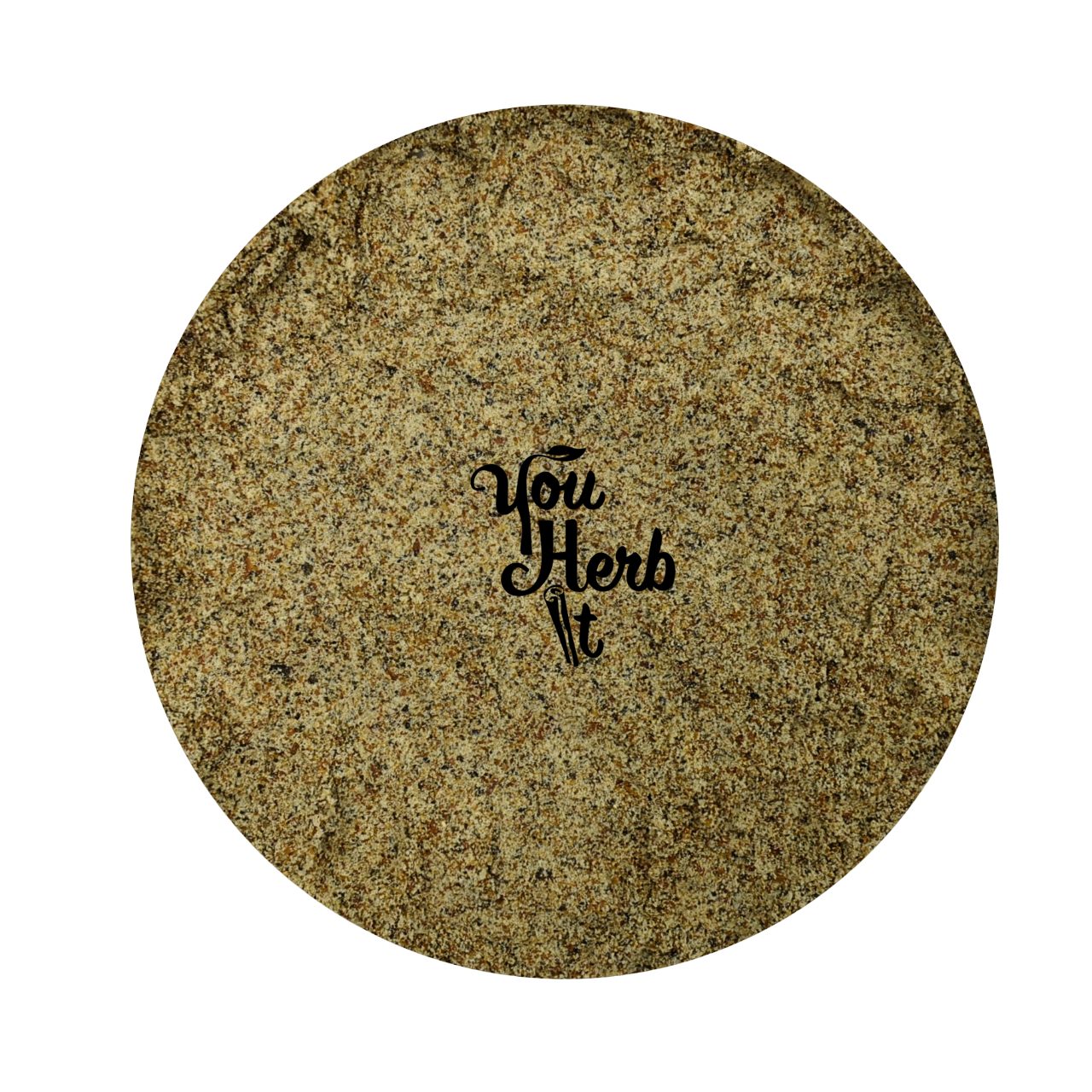
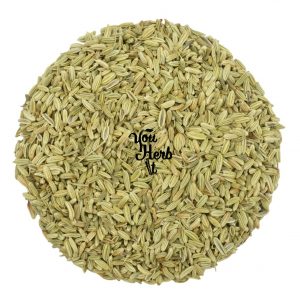
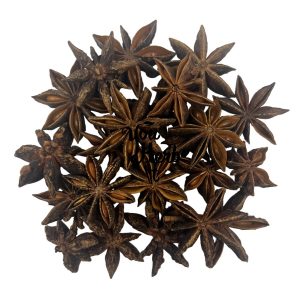
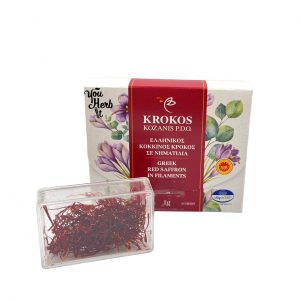
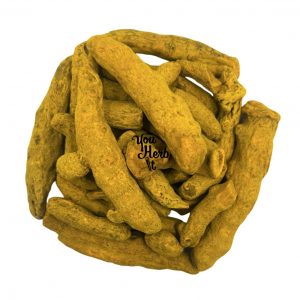
Reviews
There are no reviews yet.